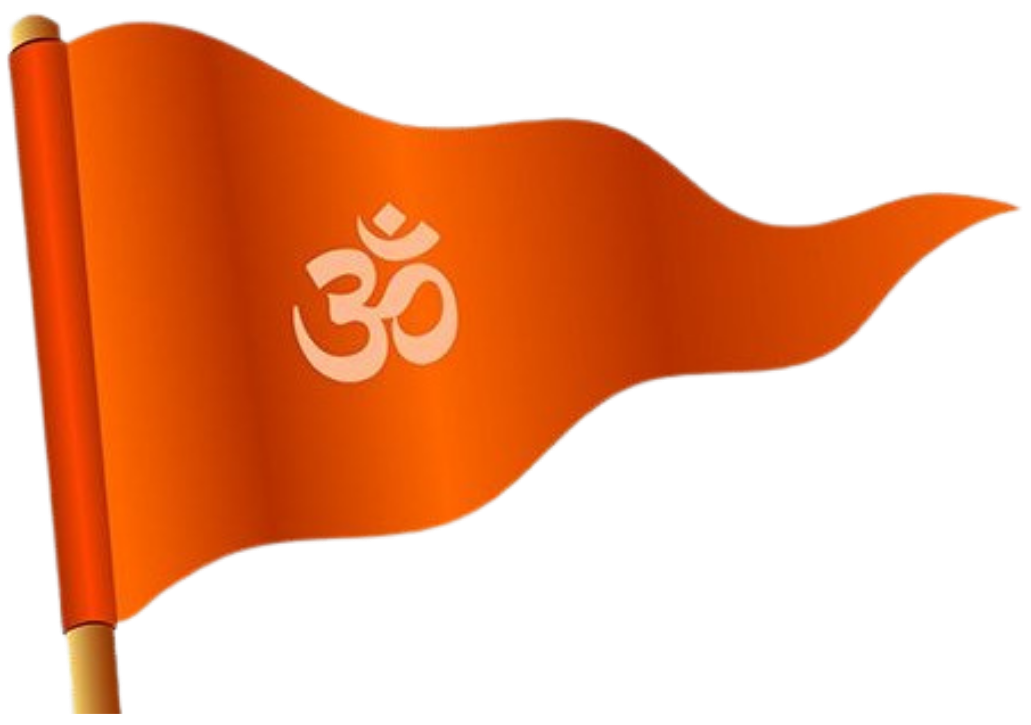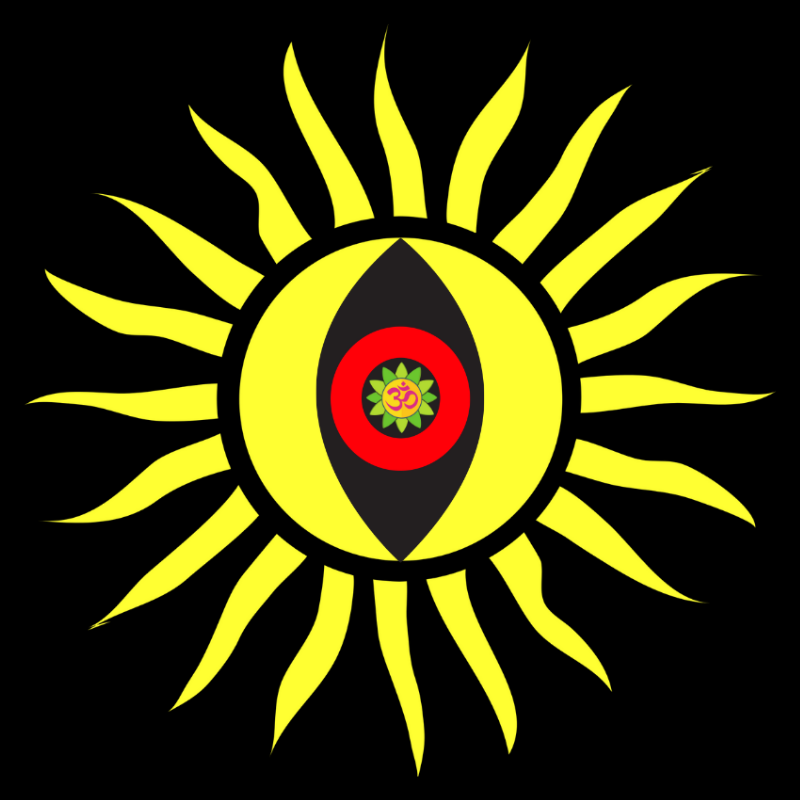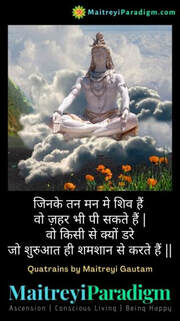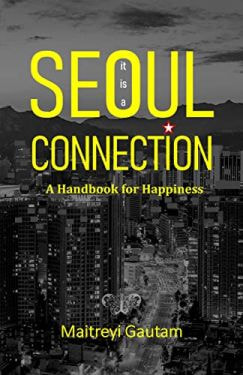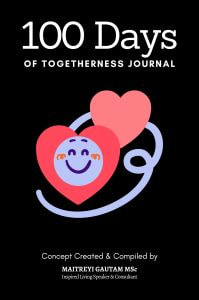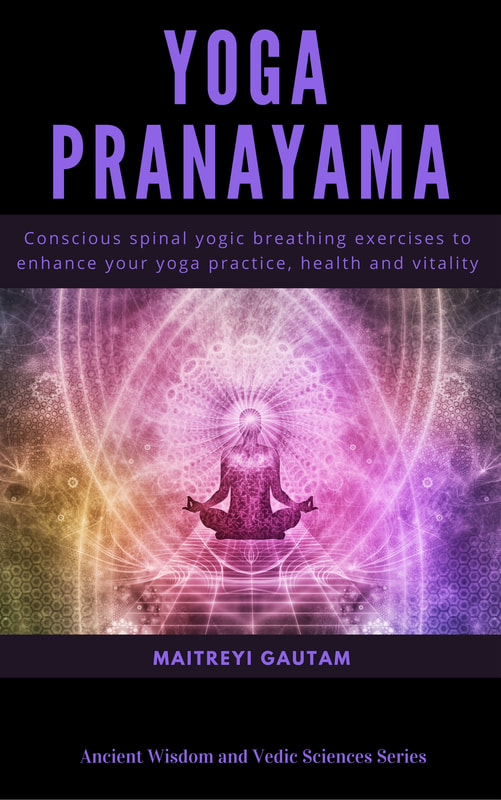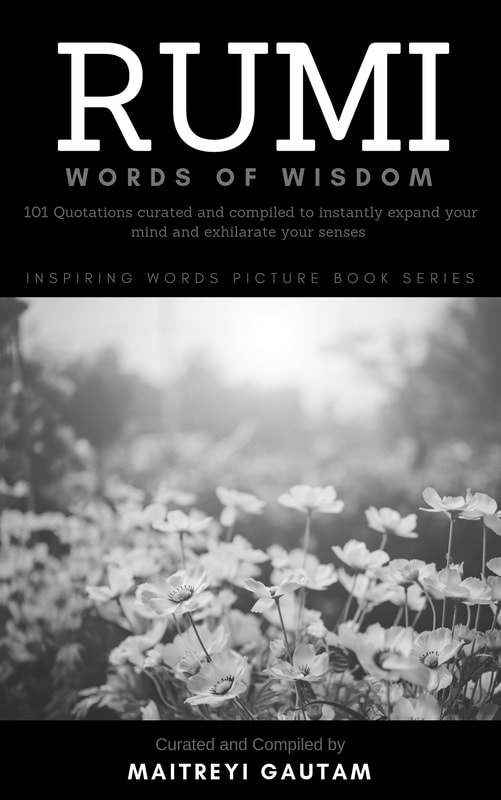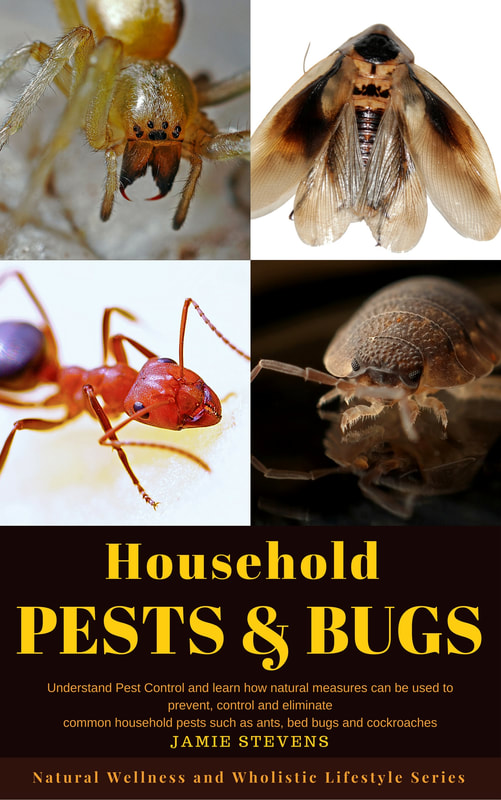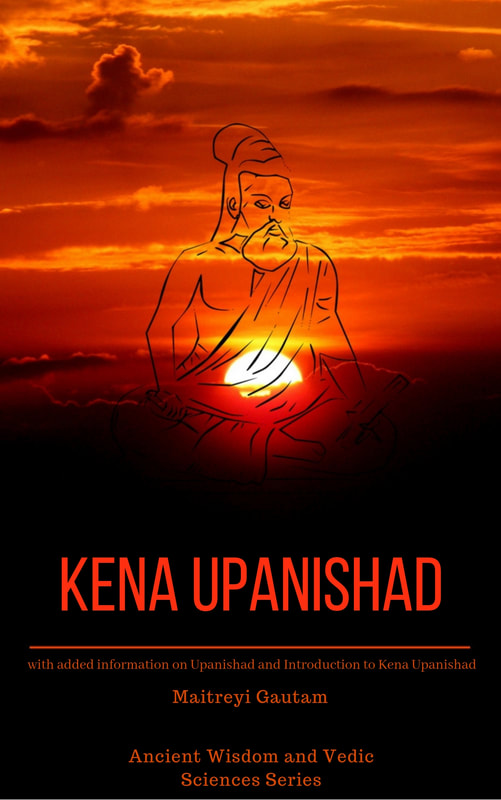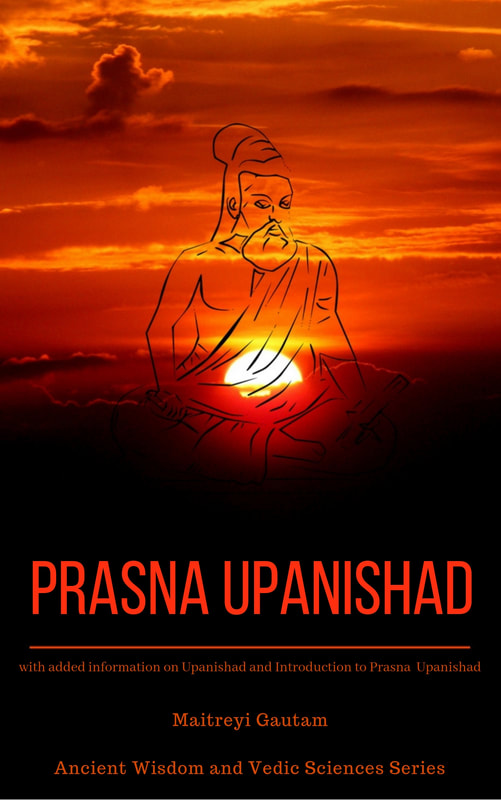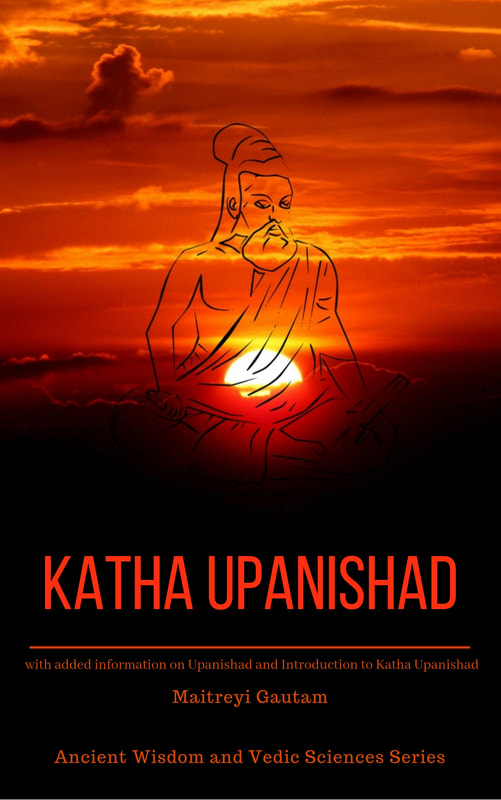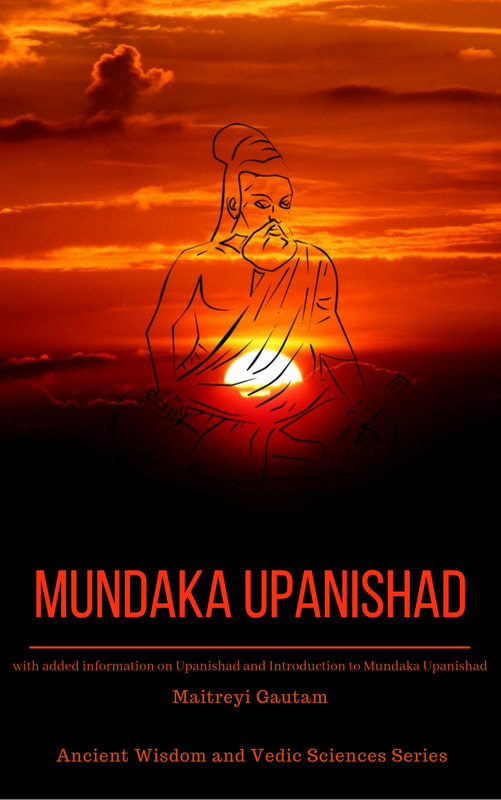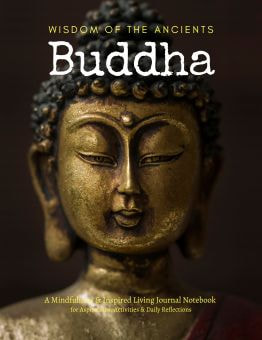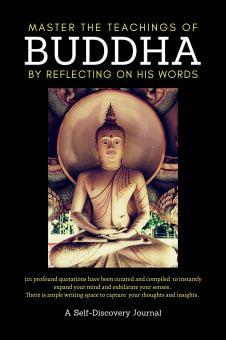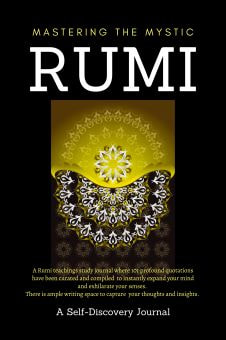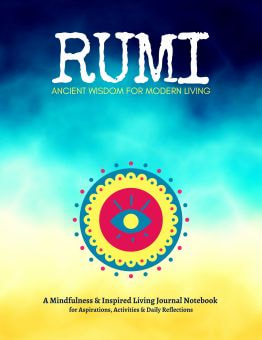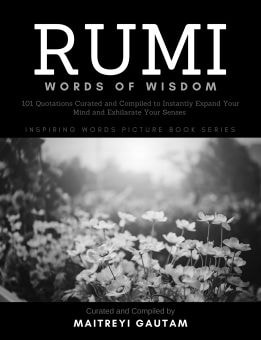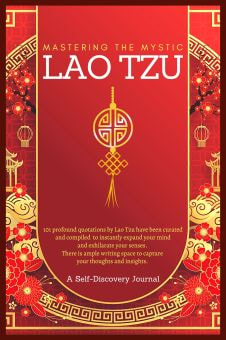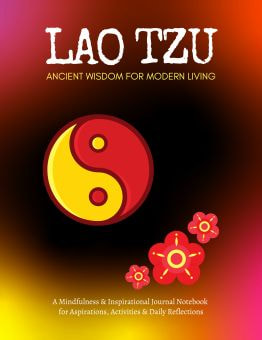Vivah Panchami is a significant Hindu festival celebrated with great devotion, particularly in parts of India and Nepal. It falls on the fifth day (Panchami) of the Shukla Paksha (waxing phase of the moon) in the Hindu month of Margashirsha. This festival holds great cultural and religious importance as it commemorates the sacred marriage of Lord Rama, the seventh avatar of Lord Vishnu, and Goddess Sita, an avatar of Goddess Lakshmi.
According to the Hindu epic Ramayana, Vivah Panchami is the day when the marriage ceremony of Rama and Sita took place in the kingdom of Mithila, Sita's birthplace. This event is seen as a divine union of two of the most revered figures in Hindu mythology, symbolizing the ideals of marital virtue and the strength of commitment and devotion.
In regions where Vivah Panchami is celebrated, the day is marked by grand processions, re-enactments of the wedding ceremony, and various cultural performances. Life-sized idols of Rama and Sita are often taken out in elaborate processions through the streets, with devotees dressed up as characters from the Ramayana participating in the event.
Temples dedicated to Lord Rama and Goddess Sita organize special pujas and rituals to honor this auspicious occasion. Devotees throng these temples to participate in the festivities and offer prayers. The re-enactment of the wedding ceremony, known as the 'Ram Sita Kalyanam,' is a highlight of the celebrations. It involves elaborate rituals and hymns, recreating the sanctity and grandeur of the divine marriage.
Vivah Panchami is also a popular day for weddings in Hindu culture, as many consider it auspicious to marry on the anniversary of Rama and Sita's marriage. It is believed that couples who get married on this day are blessed with the same virtues and devotion as that of Rama and Sita.
In Nepal, particularly in Janakpur, which is believed to be the birthplace of Goddess Sita, Vivah Panchami is celebrated with immense fervor. The festival attracts thousands of pilgrims from India and Nepal, who come to witness and participate in the grand celebrations.
Vivah Panchami, therefore, is more than just a religious event; it is a celebration of the values of dharma (duty and righteousness), bhakti (devotion), and the sanctity of marriage. It reflects the deep-rooted cultural heritage and religious traditions of Hinduism, celebrating one of the most revered and symbolic unions of the Vedic Hindu tradition.
According to the Hindu epic Ramayana, Vivah Panchami is the day when the marriage ceremony of Rama and Sita took place in the kingdom of Mithila, Sita's birthplace. This event is seen as a divine union of two of the most revered figures in Hindu mythology, symbolizing the ideals of marital virtue and the strength of commitment and devotion.
In regions where Vivah Panchami is celebrated, the day is marked by grand processions, re-enactments of the wedding ceremony, and various cultural performances. Life-sized idols of Rama and Sita are often taken out in elaborate processions through the streets, with devotees dressed up as characters from the Ramayana participating in the event.
Temples dedicated to Lord Rama and Goddess Sita organize special pujas and rituals to honor this auspicious occasion. Devotees throng these temples to participate in the festivities and offer prayers. The re-enactment of the wedding ceremony, known as the 'Ram Sita Kalyanam,' is a highlight of the celebrations. It involves elaborate rituals and hymns, recreating the sanctity and grandeur of the divine marriage.
Vivah Panchami is also a popular day for weddings in Hindu culture, as many consider it auspicious to marry on the anniversary of Rama and Sita's marriage. It is believed that couples who get married on this day are blessed with the same virtues and devotion as that of Rama and Sita.
In Nepal, particularly in Janakpur, which is believed to be the birthplace of Goddess Sita, Vivah Panchami is celebrated with immense fervor. The festival attracts thousands of pilgrims from India and Nepal, who come to witness and participate in the grand celebrations.
Vivah Panchami, therefore, is more than just a religious event; it is a celebration of the values of dharma (duty and righteousness), bhakti (devotion), and the sanctity of marriage. It reflects the deep-rooted cultural heritage and religious traditions of Hinduism, celebrating one of the most revered and symbolic unions of the Vedic Hindu tradition.

